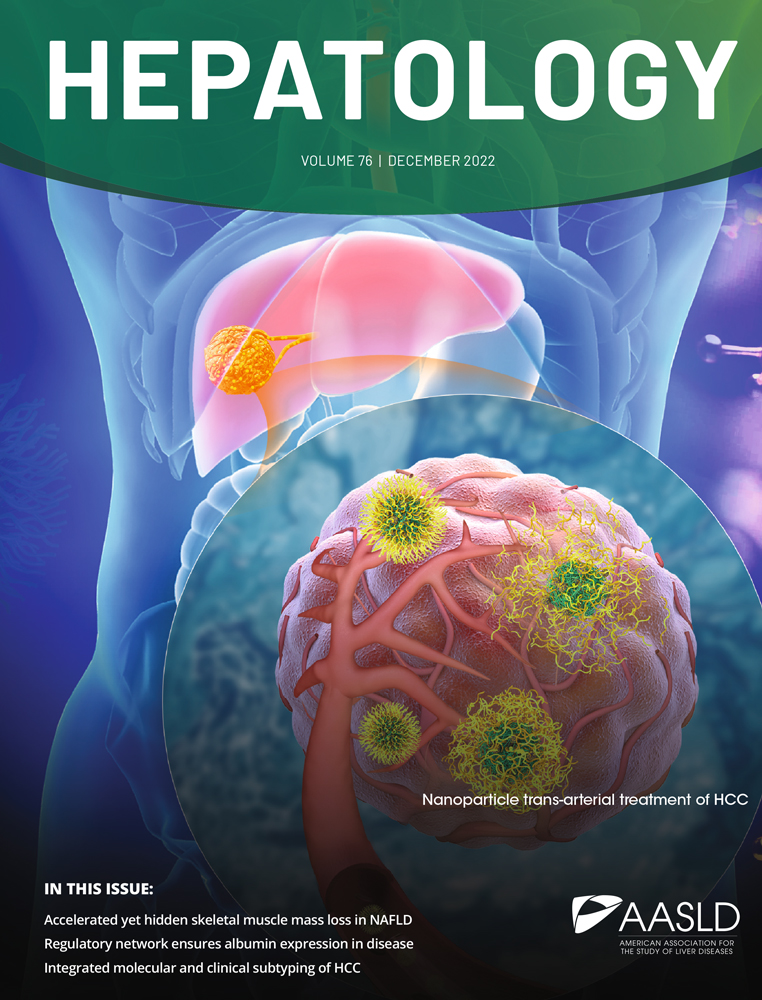S-adenosylmethionine protects against acetaminophen hepatotoxicity in two mouse models
Abstract
Because S-adenosylmethionine promotes synthesis of hepatic glutathione in chronic liver disease and is well tolerated in man, we investigated its use as an antidote to acetaminophen hepatotoxicity in two mouse models.
In C57B16 mice, deaths were abolished by S-adenosylmethionine given within 1 hr of 3.3 mmol/kg body wt acetaminophen (0 of 32 vs. 13 of 49, p < 0.005) and reduced if given 2 to 5 hours after acetaminophen administration (4 of 42 vs. 13 of 49, p < 0.01). Mixed disulfate/tosylate salt of S-adenosylmethionine abolished mortality in C3H mice given 2 mmol/kg body wt acetaminophen (0 of 24 vs. 4 of 18; p < 0.05). In both mouse models, S-adenosylmethionine reduced depletion of plasma (median = 20.8 μmol/L vs. 14.6 μmol/L) and liver glutathione (198% vs. 100%; p < 0.05), liver damage and release of AST after acetaminophen administration. Pretreatment with buthionine sulfoximine, which inhibits glutathione synthesis, abolished the beneficial effect of S-adenosylmethionine on survival and plasma glutathione level.
S-adenosylmethionine reduces acetaminophen hepatotoxicity by metabolism of the active moiety to glutathione. This benefit may last as long as 5 hr after acetaminophen ingestion. (HEPATOLOGY 1992;15:297-301).




